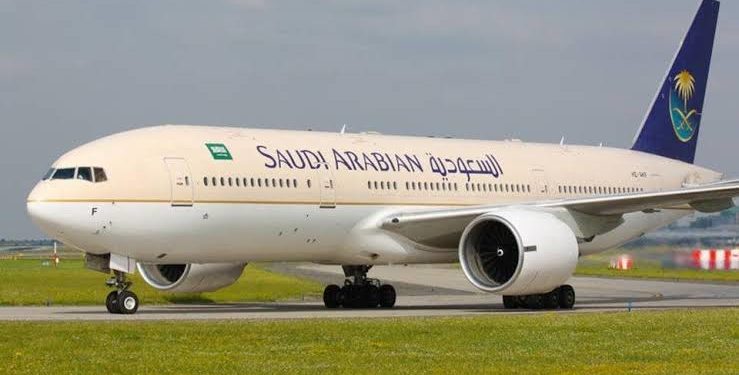
Media sources revealed the intention of the airlines of the Saudi regime to provide alcohol soon on its flights after it was forbidden in the Two Holy Mosques land.
The Bloomberg news agency recently reported that Saudi executives told foreign visitors that restrictions on alcohol in the Kingdom could be lifted next year, a reference to 2020.
The agency quoted foreigners working closely with Saudi government agencies as saying they had heard that the Saudi government was working to grant licenses to import alcohol.
There is also talk that the King Abdullah Financial Center, located in a special area north of Riyadh, is considering allowing alcohol, according to three people who asked not to be identified.
It is expected that the lifting of the ban on alcoholic beverages in the Kingdom, if it happens, will be partial, as licenses can be granted to restaurants and hotels in a few major metropolitan areas and new resorts planned by the kingdom.
Although alcoholic beverages are banned in the kingdom, they are available on the black market and are manufactured locally in some homes and sold publicly in makeshift bars in residential compounds inhabited by foreigners, according to Bloomberg.
The smuggled bottle of wine costs about 800 riyals ($ 213), while a whiskey or gin bottle is close to 1,200 riyals.
Since Mohammed bin Salman became crown prince in 2017, the kingdom has undergone numerous social changes and economic reforms, most notably allowing women to drive and reopening cinemas.
In recent months, the Saudi regime has flooded the Kingdom with suspicious steps to entertainment since the establishment of a special body in 2016, which has come under fire for its role in changing the religious and traditional character of the Kingdom.
The Saudi regime on December 11 allowed the opening of cinemas after a ban of more than three decades, and the opening of cinema halls is expected to begin in March.
The number of restaurants and cafes licensed in the Kingdom to offer “live shows” activity rose to 132 in Riyadh, Jeddah, Khobar and Dammam, three months after the opening of the license to hold live shows in restaurants and cafes.
Crown Prince Mohammed bin Salman is pushing a coup against the Kingdom’s religious and moral heritage by opening up to entertainment and hosting foreign teams with astronomical sums to provide a picture of the regime’s internal and external abuses.
Moreover, the Saudis are trying to achieve a number of objectives with suspicious practices, the most important of which is to distract Saudi citizens from their repressive regime and crimes and to raise money from large financial revenues for parties and events including pornography in the land of the Two Holy Mosques.